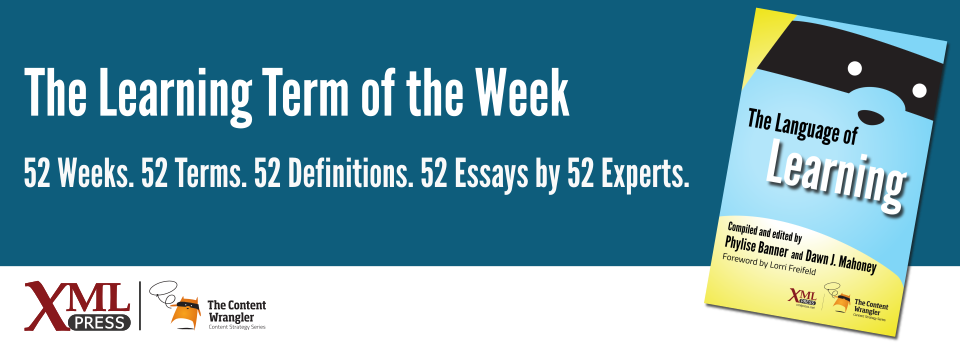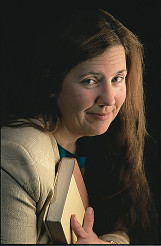What is it?
Acquiring new information and skills by watching and interacting with others, or on one’s own, apart from or in addition to, traditional formal instruction.
Why is it important?
Social learning is participative and might occur in either/both formal and informal environments. However, informal learning is mostly unplanned and impromptu in nature. Social learning is important because much of workplace learning happens in social and informal ways.
Why does a business professional need to know this?
While the terms social learning and informal learning (also called tacit knowledge) have seen increased use over the past decade or so, the ideas aren’t new at all. Most of what we know we learned socially. Think about how you learned to speak your native language or how you acquired the skills necessary to abide by unwritten rules and norms in a new workplace. While other means of learning, such as operant conditioning, do play a role—we learn not to touch a hot stove after doing it once—a great deal of what we know comes from moving in the world, engaging with and watching others.
Likewise, much of what we know is learned informally and serendipitously: our parents typically didn’t sit us down and run through flashcards of verb conjugations. Rather, we learned in the moment, as conversations evolved and new situations arose.
These terms are primarily used in education to distinguish them from traditional, formal instruction delivered as structured, one-way teacher-to-student interactions. While many believe that learning must always look like school, it’s important to recognize how pervasive and valid other means of learning are.
Those responsible for employee development efforts as managers, or in workforce development as learning practitioners, can shore up learning by offering ample opportunities for social interaction—both in person and via electronic means—and the time and resources for self-directed acquisition of new information and skills.
References
- (Chaffe 2016) Social And Informal Learning Explained: Why Technology Matters: Chaffe, Sophie, and David Patterson. (Feb 2016). eLearning Industry.
- (Crans 2021) The Mediating Role of Social Informal Learning in the Relationship Between Learning Climate and Employability : Crans, Samantha, Maike Gerken, Simon Beausaert, and Mien Segers. Career Development International 26 no. 5 (July 2021):678–696. Downloadable PDF.
- (Berg 2008) Factors that Influence Informal Learning in the Workplace: Berg, Shelley A., and Seung Youn (Yonnie) Chyung. Journal of Workplace Learning 20 no. 4 (2008):229–244. Requires subscription or institutional login.

